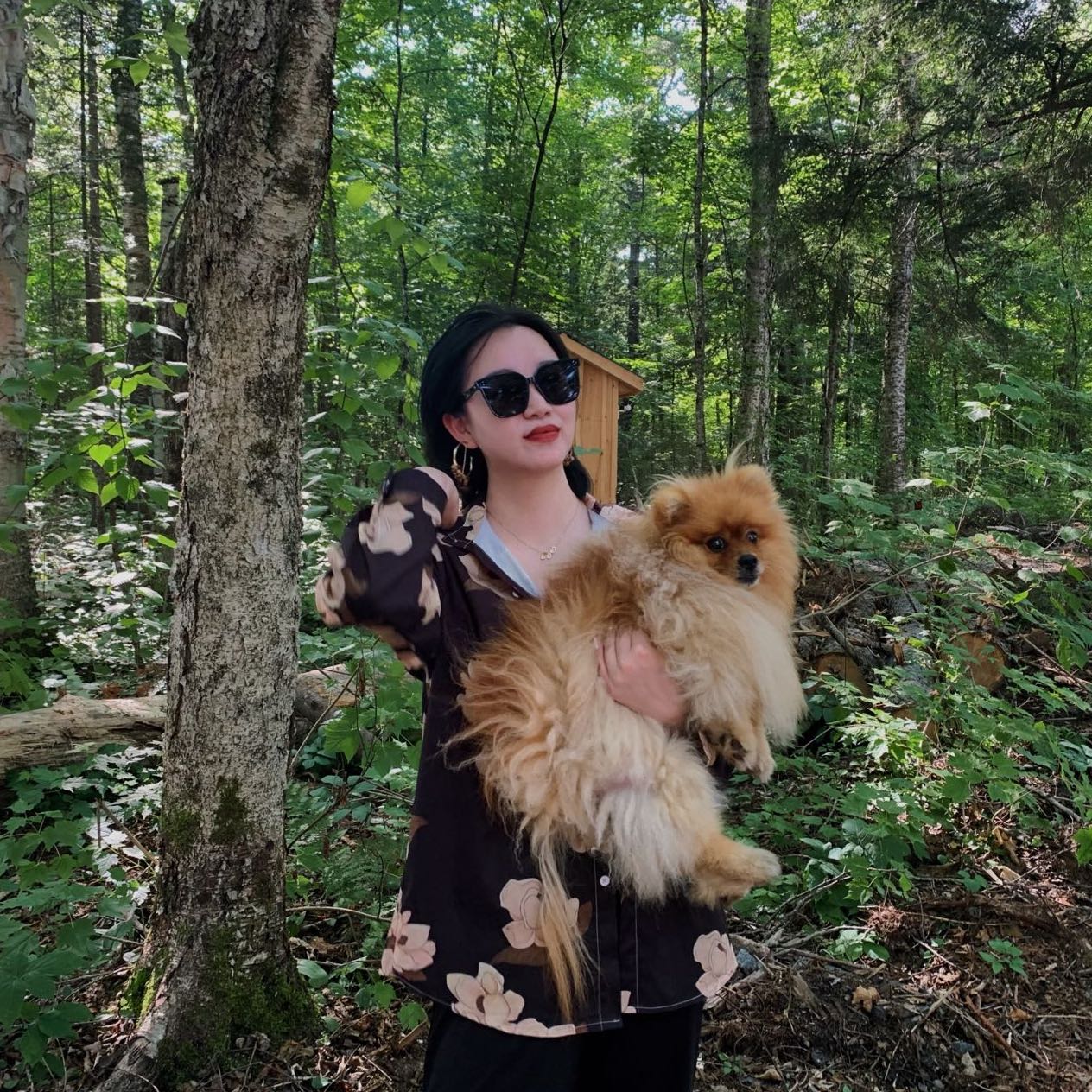HBA Sustainability Certificate
Empowering the next generation of sustainable leaders
Hello, my name is Cecilia Cai, I am an HBA1 student at the Ivey Business School. Prior to entering Ivey, I was enrolled in the International Relations program at Western University. Given my background in IR, I love researching and working with NGOs, policy research, and sustainable development of respective industries. I am also immensely interested in law, and I have always been looking for a way to combine both legal regulations on taking green initiatives and how companies should perform due diligence to meet its environmental contributions to the society. Given such, I am particularly interested in the research of circular economy and how are policies changing to adapt to this new model. Upon graduation, I plan to work in the consulting industry with a side focus on sustainability research and ESG advisory to further explore the field.
What is your personal definition of sustainability?
Sustainability is a comprehensive concept that aims to strike a balance among the economic, social, and environmental aspects of human society. It seeks to meet the various needs of current generations without compromising the ability to meet the needs of future generations. This means that we need to protect the natural environment and ecosystems, ensure the sustainable use of resources, and promote equitable and inclusive social development while economic growth and social progress take place. Economically and environmentally, sustainability requires achieving steady economic growth while protecting natural resources, promoting a green and low-carbon economy, and achieving efficient use of resources and reducing waste. Socially, sustainability means the establishment of a fair and inclusive social system, the promotion of education, health, employment and other areas, and the promotion of the reduction of poverty and inequality.
What role do you see sustainability playing in your professional career?
I have always had an idealistic vision I have of this world since I was young. I would like to contribute my share to see its continuity. As abstract as this notion is, I prefer to engage with the most suitable and capable platforms to realize this ambition. No matter it’s with sustainability-focused think tanks, climate agencies, and sustainability or CSR advisory departments in comprehensive professional services firms. I would love to get in touch with the crowd who is leading the industry insight, research and facing a variety of clientele to see the real changes enacted. To enhance my knowledge base on sustainability, I plan to seek out additional education in the field. After gaining several years of work experience, I aim to make sustainability a central component of my work. This includes offering advisory or consultancy services to help organizations develop a roadmap for transitioning to a more sustainable future and making progress towards global sustainability goals. I also intend to build a professional network to share expertise and experiences, fostering mutual understanding and improvement in the field. Ultimately, I aspire to work for an agency that is responsible for developing and implementing sustainability policies and strategies, overseeing sustainability programs, and leading sustainability-related efforts across organizations. My value proposition is to make an impact that matters and initiate change through sustainable action.
What sustainability projects have you been engaged in?
I took on the role of a student researcher for the most recent Ivey Sustainability week and researched on the public policy and crisis communications sectors to provide students with insights on how to navigate through a climate crisis. I was also able to publish my findings in the Ivey Sustainability Week Handbook. As well, I first got involved with sustainability when I started working at Monest.Inc as a Research Analyst. Monest.Inc is an environmentally conscious NGO that works in the sustainability industry. It rates companies on a detailed scale and criteria for their CSR initiatives. For instance, we were making assessments on a corporation’s commitments to increasing gender diversity throughout the organization. We would monitor metrics like, do companies provide equal pay for equal work? Do they disclose current gender pay wage gap? Are they meeting sustainability metrics and understanding their caron footprints, and so on. From there, I did quite a lot of research on sustainable finance and fashion. The textile and apparel industry consumes 1.5 trillion liters of water per year, with a carbon footprint of 10% and pollution second only to the oil industry. Recently, we see that environmentally conscious designers are shifting towards "long-lasting design" by extracting more environmentally friendly renewable fibers from discarded nylon garments to create more life-giving clothes, thus reducing environmental pollution and waste.
Cecilia Cai
